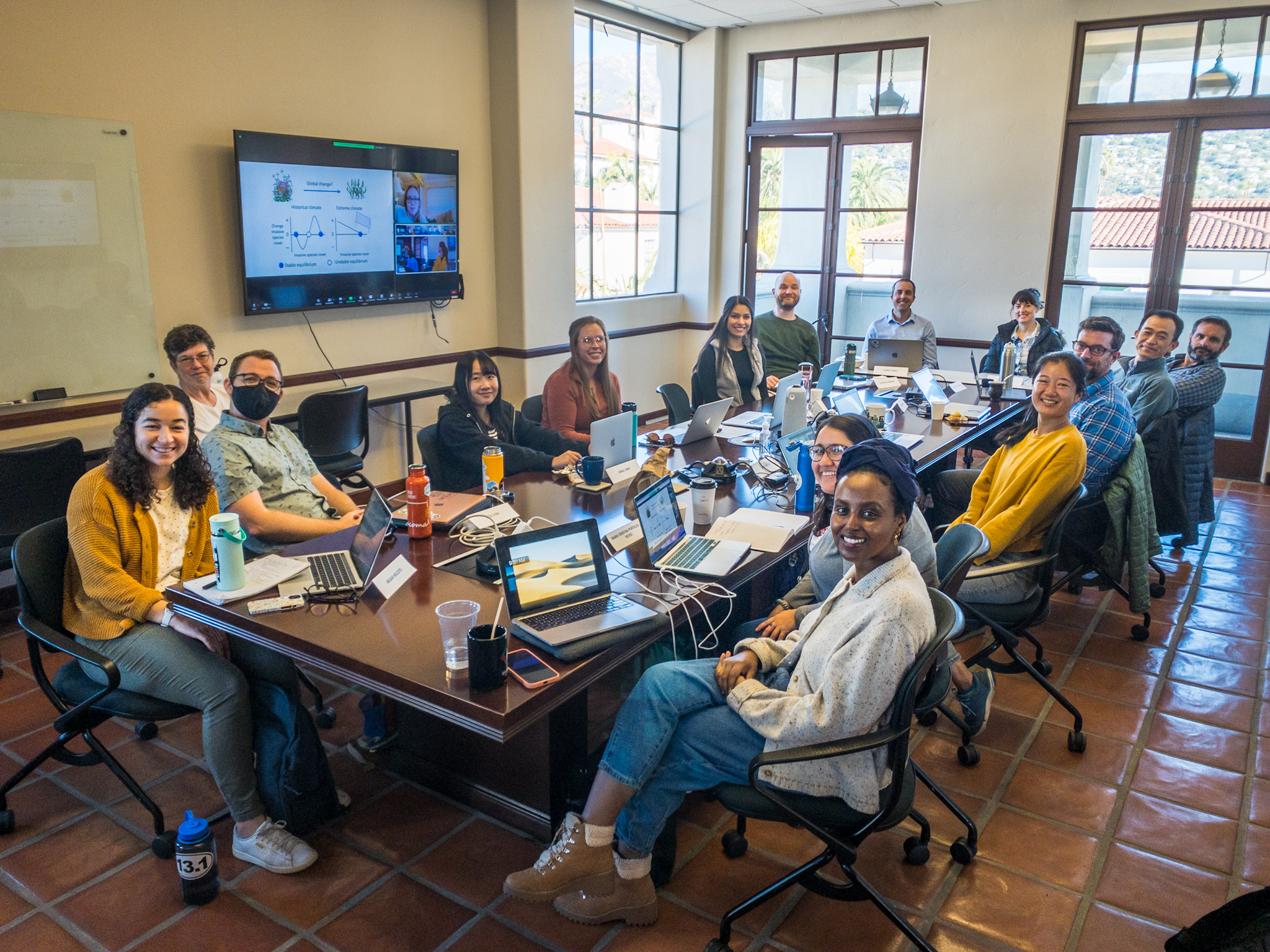Human impacts on ecosystems can result in persistent compositional shifts that are difficult to reverse even after relaxation from perturbations. Considerable debate remains on whether these observed shifts in ecosystems are due to the existence of tipping points and systems with alternative attractors, or whether observed shifts in ecosystems represent communities in alternative trajectories that will eventually reach a common stable point. In addition to human perturbations, ecosystems are also experiencing other transient dynamics, such as increased climate variability, which could promote or prevent state shifts. Using cross-site synthesis of LTER experiments that have simulated human perturbations or climate variability, this synthesis effort will test whether and which observed compositional shifts are a result of critical transitions or transient dynamics. Researchers will use these data to develop and inform theory that will improve predictions on the magnitude and frequency of perturbations and climate variability needed to promote or prevent lasting shifts in ecosystem composition.








